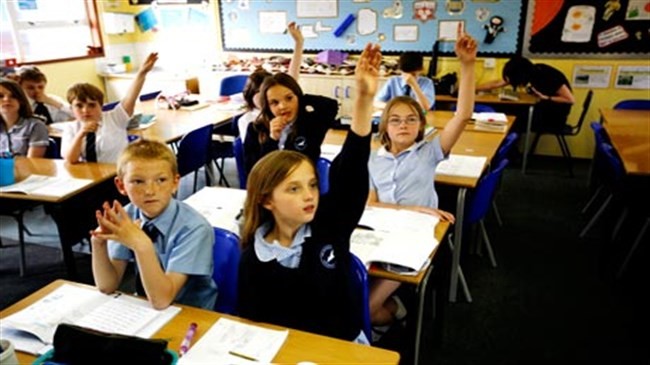By Gavin Mackintosh-
Unequal mental health reforms will add stress to teachers, education and health committees have said. have claimed that the reforms lack any ambition and will add strain to the existing stress suffered by teachers in Uk schools working tirelessly to raise academic standards in primary and secondary schools. Mental health has been flagged as one of the serious setbacks affecting young pupils in various schools in the Uk. The British government announced a multi-million pound scheme aimed at hiring mental health support groups in schools last December. The proposals include mental health support teams working with schools, a designated mental health lead in every school, and a new four-week waiting time for NHS children and young people’s mental health services.
The proposals include £95 million for schools to appoint and train designated senior leads for mental health beginning from 2019, and £215 million for new mental health support teams, which will work with the NHS to offer support and treatments in schools, including cognitive behaviour therapy.
An inquiry into the proposals by the education and health committees has closely scrutinized the amount of training and pay available for new school mental health leads. Critics warn that the proposals will “put more pressure on the teaching workforce without sufficient resources”. They also question whether school staff have the capacity to deliver the mental health leads policy.
Pupils at three organisations involved in mental health, Young Minds, Youth Access and the National Children’s Bureau, were commissioned by the Department for Health and Social Care to give their view on the government’s green paper ‘Transforming children and young people’s mental health provision’. Many have stated that schooling provides stress of its own, and that the environment of bullying, stigma, and other issues make it difficult for some students to respond to any assistance for mental health by the government. The claims are poor because sufferers of mental health need assistance to help their situation, and cannot be trusted to provide sensible objections to help at the same time.
The green paper’s proposals is expected to be rolled out to just 20 to 25 per cent of areas during a “trailblazer phase” over the next five years. However, the British government has said that the £300 million roll-out “will in itself be a significant achievement” and will be spread out to more than 20,000 schools and colleges. It is “essential” that the new approach is carefully tested, the British government said. Many pupils have expressed concerns that they would have left school by then and would not benefit from any such long term help. However, there has to be a starting point, and the government scheme has to be seen as more beneficial than pressurizing. Concerns expressed by teachers that even when the government’s plans are eventually executed it will put more pressure on them to oversee or assist with the execution of plans have not been proven.
Some pupils have expressed concerns that if exams grades are used as a measure of assessing the success of the proposals, it would increase stress. The government’s response that qualifications improve mental health makes sense, and would definitely appear to be the clever option of proceeding.




